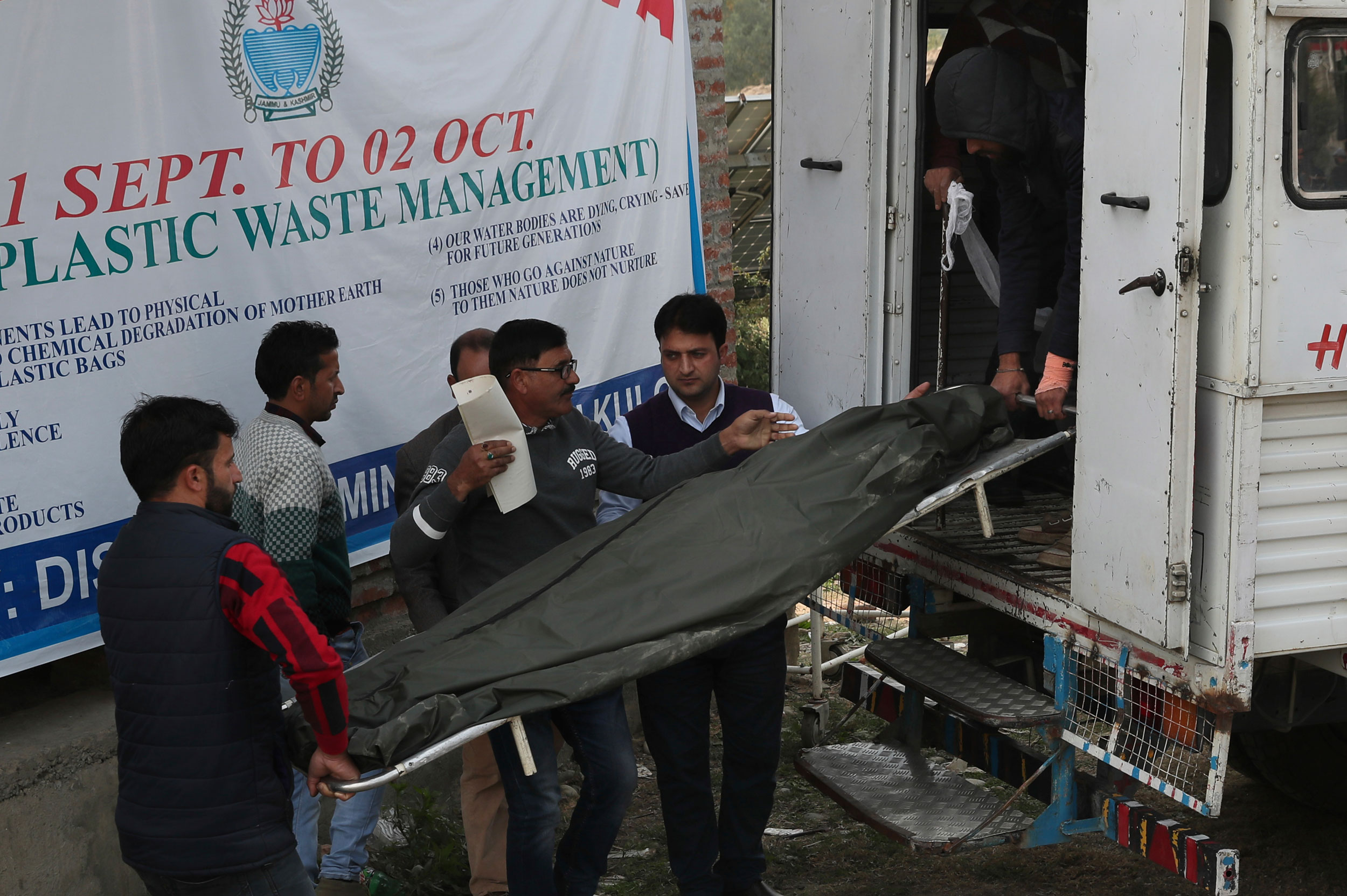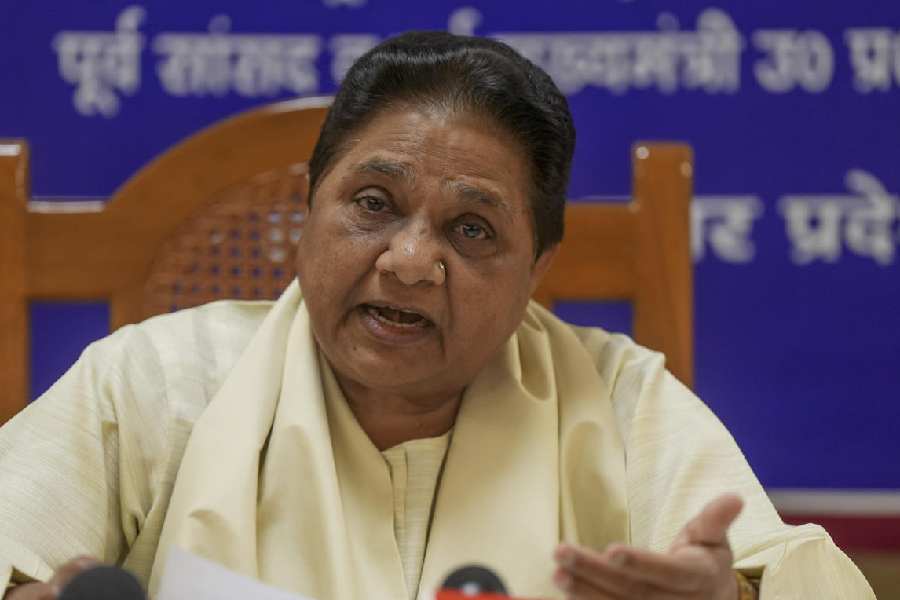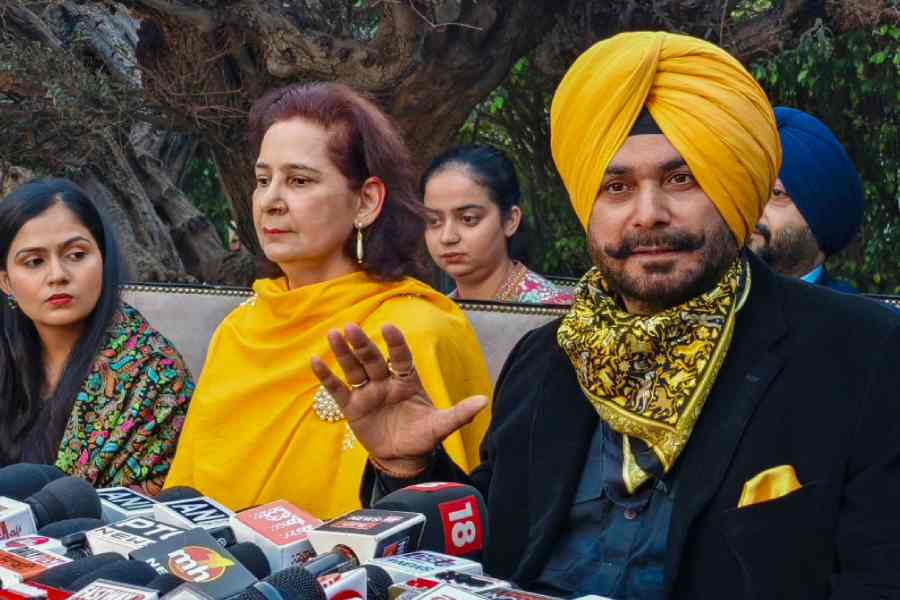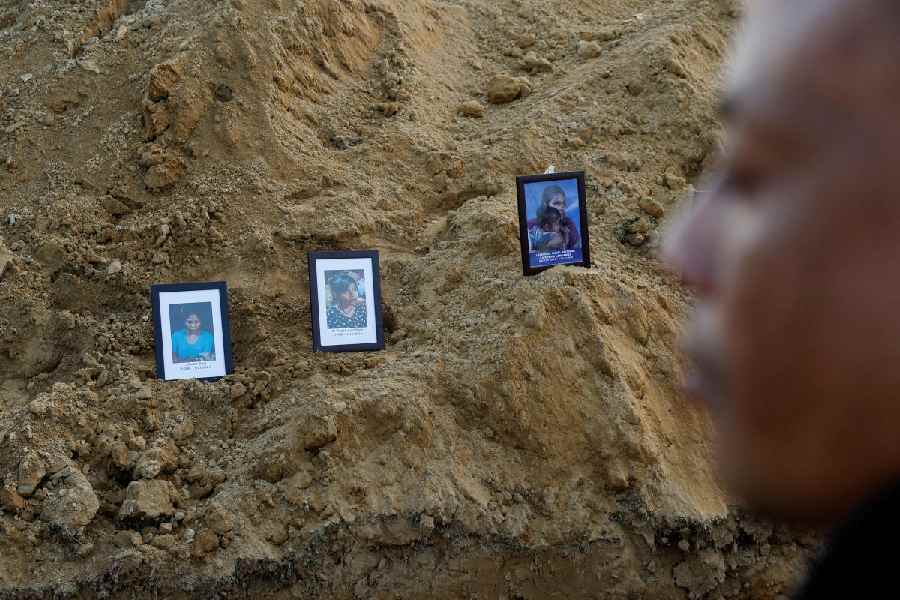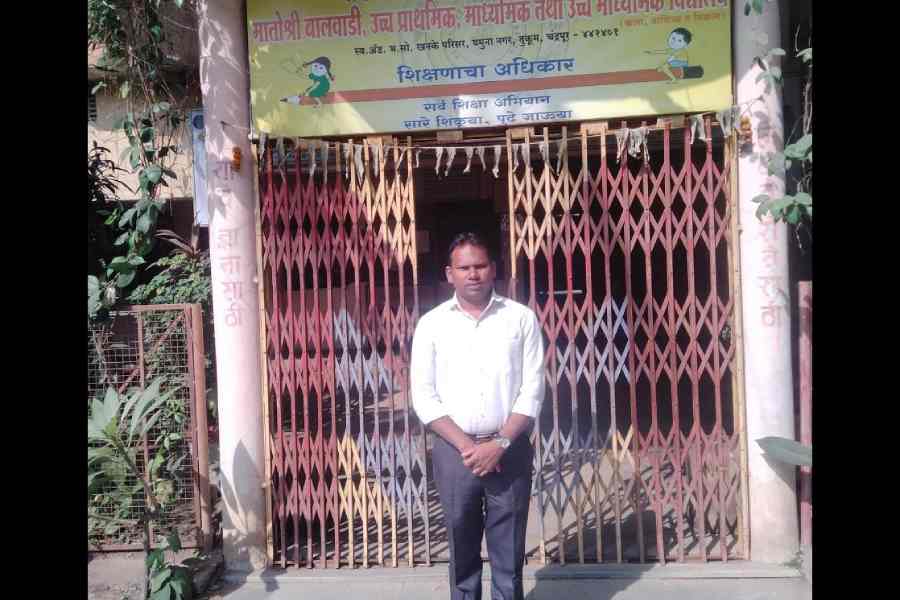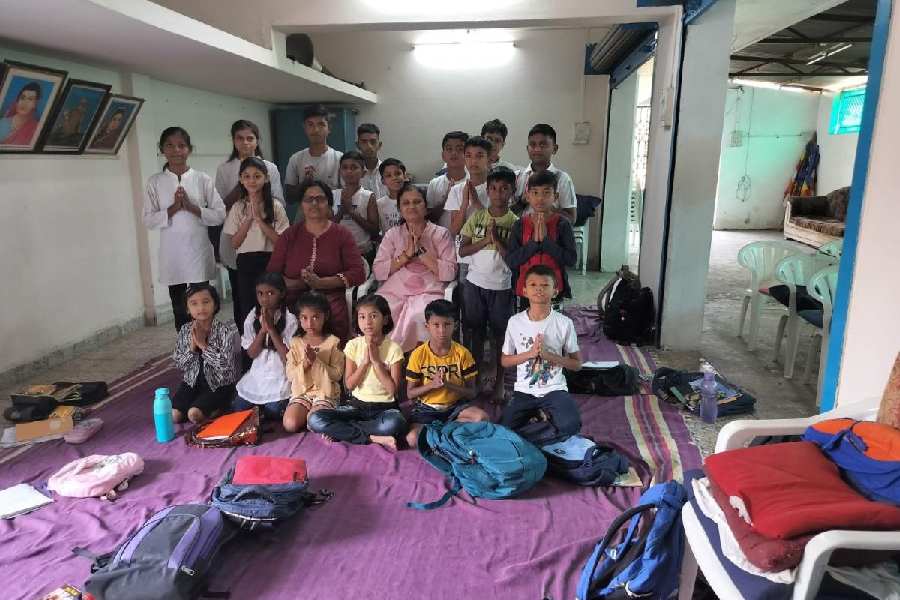Maulana Bani Israil, 40, had only one message after leading the salat al-janazah (funeral prayer) at the Bahalnagar graveyard on Thursday afternoon for the five local men gunned down by militants in Kashmir.
“These five, simple boys were killed in cold blood meaninglessly. This is not the kind of India we want. We want peace,” said Israil, the imam of Bahalnagar mosque, the largest of three mosques in this Muslim-majority village of 3,000 people.
Israil has served as imam, or head cleric, here since 1999 and is a familiar face in the neighbouring villages too.
Nearly 6,000 people had gathered at the burial ground to pay their last respects to Kamruddin Sheikh, 32, Mursalim Sheikh, 35, Rafikul Sheikh, 27, Rafiq Sheikh, 52, and Naimuddin Sheikh, 38. The migrant labourers were killed on Tuesday evening in a Kulgam village where they were working as apple pickers. A sixth, Jahiruddin Sarkar, is injured and is in a Srinagar hospital.
When the five bodies arrived at Bahalnagar early on Thursday, shortly after the 5am namaz, Israil was among the first to receive the cortege.
“At midnight on Wednesday, I had the responsibility of announcing to the entire village (over the mosque’s public address system) the fate our boys had met with,” he said.
“It was a black day for all of us. We are all grieving — you can see that from the number of people here today.”
After the funeral, Israil told this newspaper he wanted a thorough inquiry into the killings. He said he had learnt from the media that no militant outfit had claimed responsibility but the killings were being attributed to the militants.
“I must say that those who have done this are criminals. The family of the dead, and the Indian public, have a right to know,” he said.
“Every year, young men from this village would return with stories of the benevolence of the orchard owners they worked for. The boys would say that ordinary Kashmiris are very friendly; so how could this happen?
“If this was indeed a fallout of the scrapping of (key provisions of) Article 370, then all of us deserve to know what the point is of such changes that trigger violence. This meaningless violence cannot continue.”

